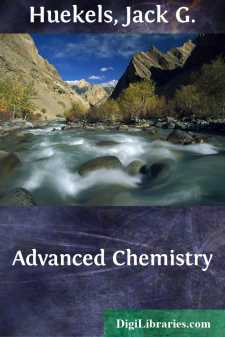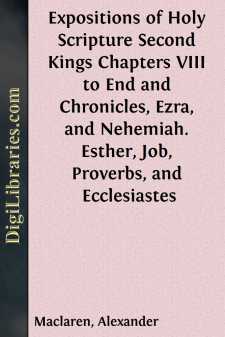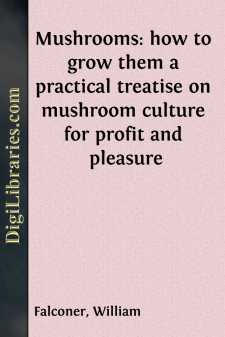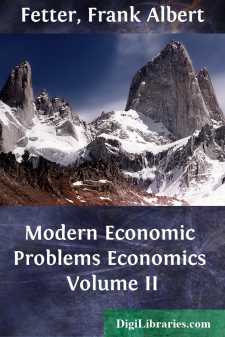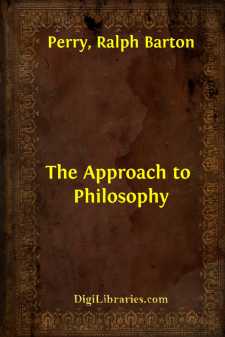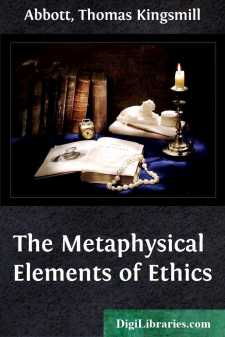Categories
- Antiques & Collectibles 13
- Architecture 36
- Art 48
- Bibles 22
- Biography & Autobiography 813
- Body, Mind & Spirit 142
- Business & Economics 28
- Children's Books 17
- Children's Fiction 14
- Computers 4
- Cooking 94
- Crafts & Hobbies 4
- Drama 346
- Education 46
- Family & Relationships 57
- Fiction 11829
- Games 19
- Gardening 17
- Health & Fitness 34
- History 1377
- House & Home 1
- Humor 147
- Juvenile Fiction 1873
- Juvenile Nonfiction 202
- Language Arts & Disciplines 88
- Law 16
- Literary Collections 686
- Literary Criticism 179
- Mathematics 13
- Medical 41
- Music 40
- Nature 179
- Non-Classifiable 1768
- Performing Arts 7
- Periodicals 1453
- Philosophy 64
- Photography 2
- Poetry 896
- Political Science 203
- Psychology 42
- Reference 154
- Religion 513
- Science 126
- Self-Help 84
- Social Science 81
- Sports & Recreation 34
- Study Aids 3
- Technology & Engineering 59
- Transportation 23
- Travel 463
- True Crime 29
Sort by:
What is a Good Edition? A good edition should be a complete edition, ungarbled and unabridged. If the author is a classic, the format of the copy chosen should in some way represent the style of the author. Gibbon, for instance, should be in large octavo or quarto, with print of a size to correspond. This is not always possible, for English editions of books often aim at mere cheapness, and of many...
more...
by:
Jack G. Huekels
There is a lot of entertainment and also a great deal of truth in this story. We recommend it highly. Professor Carbonic was diligently at work in his spacious laboratory, analyzing, mixing and experimenting. He had been employed for more than fifteen years in the same pursuit of happiness, in the same house, same laboratory, and attended by the same servant woman, who in her long period of service had...
more...
I. SAVED BY FEAR When the founding of the Calabar Mission on the West Coast of Africa was creating a stir throughout Scotland, there came into a lowly home in Aberdeen a life that was to be known far and wide in connection with the enterprise. On December 2, 1848, Mary Mitchell Slessor was born in Gilcomston, a suburb of the city. Her father, Robert Slessor, belonged to Buchan, and was a shoemaker. Her...
more...
by:
Julia Seton
In the beginning was the word, and the word was with God and the word was God." "And the word was made flesh and dwelt among us, and we beheld his glory full of grace and truth." Ever since the birth of the human race there have been health and disease. Everywhere we find those who live at levels of comprehension that cannot express in flesh the perfect power of the word and these must by...
more...
THE STORY OF HAZAEL 'So Hazael went to meet him, and took a present with him, even of every good thing of Damascus, forty camels' burden, and came and stood before him, and said, Thy son Ben-hadad king of Syria hath sent me to thee, saying, Shall I recover of this disease? 10. And Elisha said unto him, Go, say unto him, Thou mayest certainly recover: howbeit the Lord hath shewed me that he...
more...
by:
George Santayana
Whether Chaos or Order lay at the beginning of things is a question once much debated in the schools but afterward long in abeyance, not so much because it had been solved as because one party had been silenced by social pressure. The question is bound to recur in an age when observation and dialectic again freely confront each other. Naturalists look back to chaos since they observe everything growing...
more...
by:
William Falconer
PREFACE Mushrooms and their extensive and profitable culture should concern every one. For home consumption they are a healthful and grateful food, and for market, when successfully grown, they become a most profitable crop. We can have in America the best market in the world for fresh mushrooms; the demand for them is increasing, and the supply has always been inadequate. The price for them here is...
more...
CHAPTER I MATERIAL RESOURCES OF THE NATION § 1. Politico-economic problems. § 2. American economic problems in the past. § 3. Present-day problems: main subjects. § 4. Attempts to summarize the nation's wealth. § 5. Average wealth and the problem of distribution. § 6. Changes in the price-standard. § 7. A sum of capital, not of wealth. § 8. Sources of food supply. § 9. The sources of...
more...
PREFACE In an essay on "The Problem of Philosophy at the Present Time," Professor Edward Caird says that "philosophy is not a first venture into a new field of thought, but the rethinking of a secular and religious consciousness which has been developed, in the main, independently of philosophy." If there be any inspiration and originality in this book, they are due to my great desire...
more...
If there exists on any subject a philosophy (that is, a system of rational knowledge based on concepts), then there must also be for this philosophy a system of pure rational concepts, independent of any condition of intuition, in other words, a metaphysic. It may be asked whether metaphysical elements are required also for every practical philosophy, which is the doctrine of duties, and therefore also...
more...



